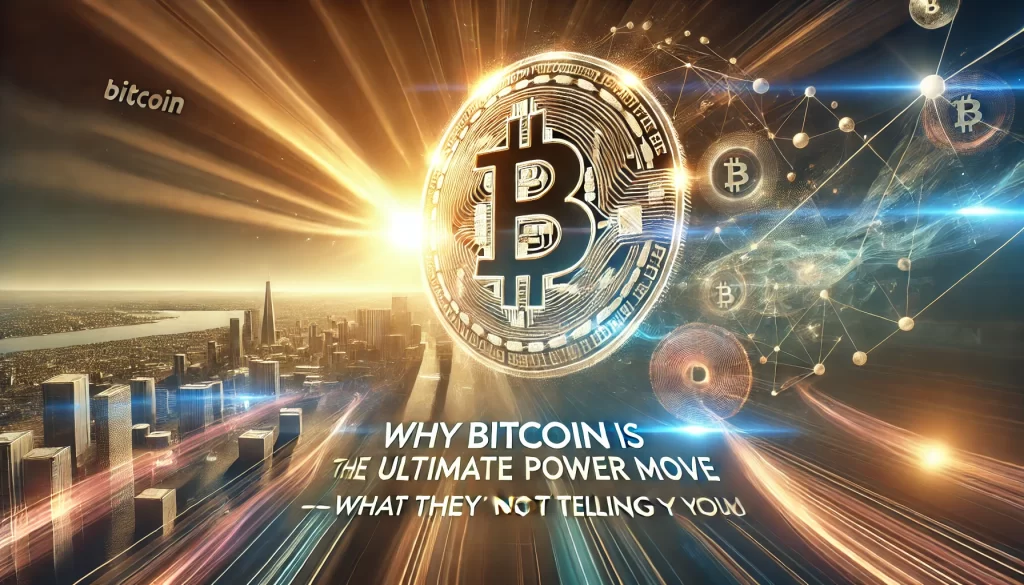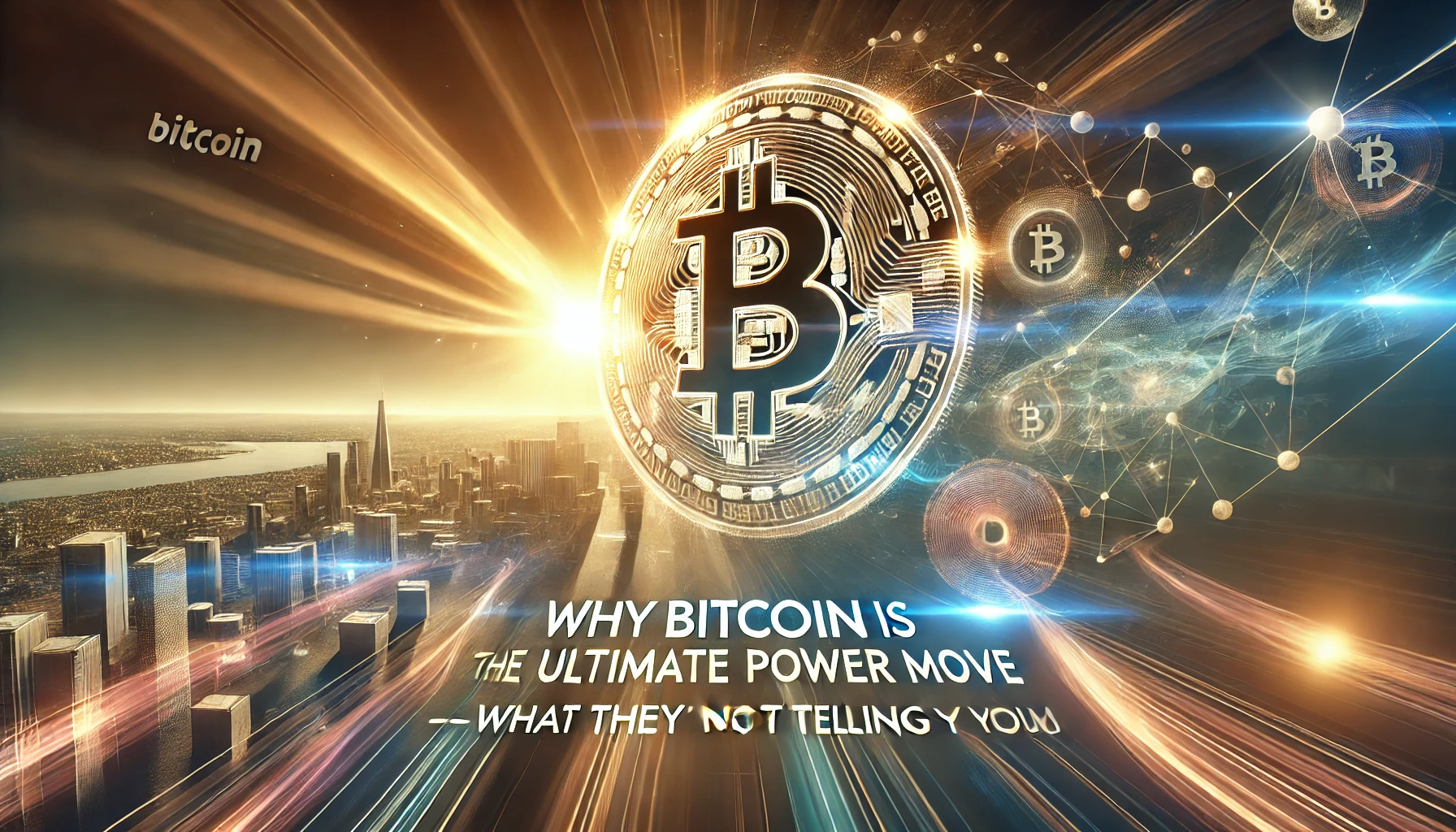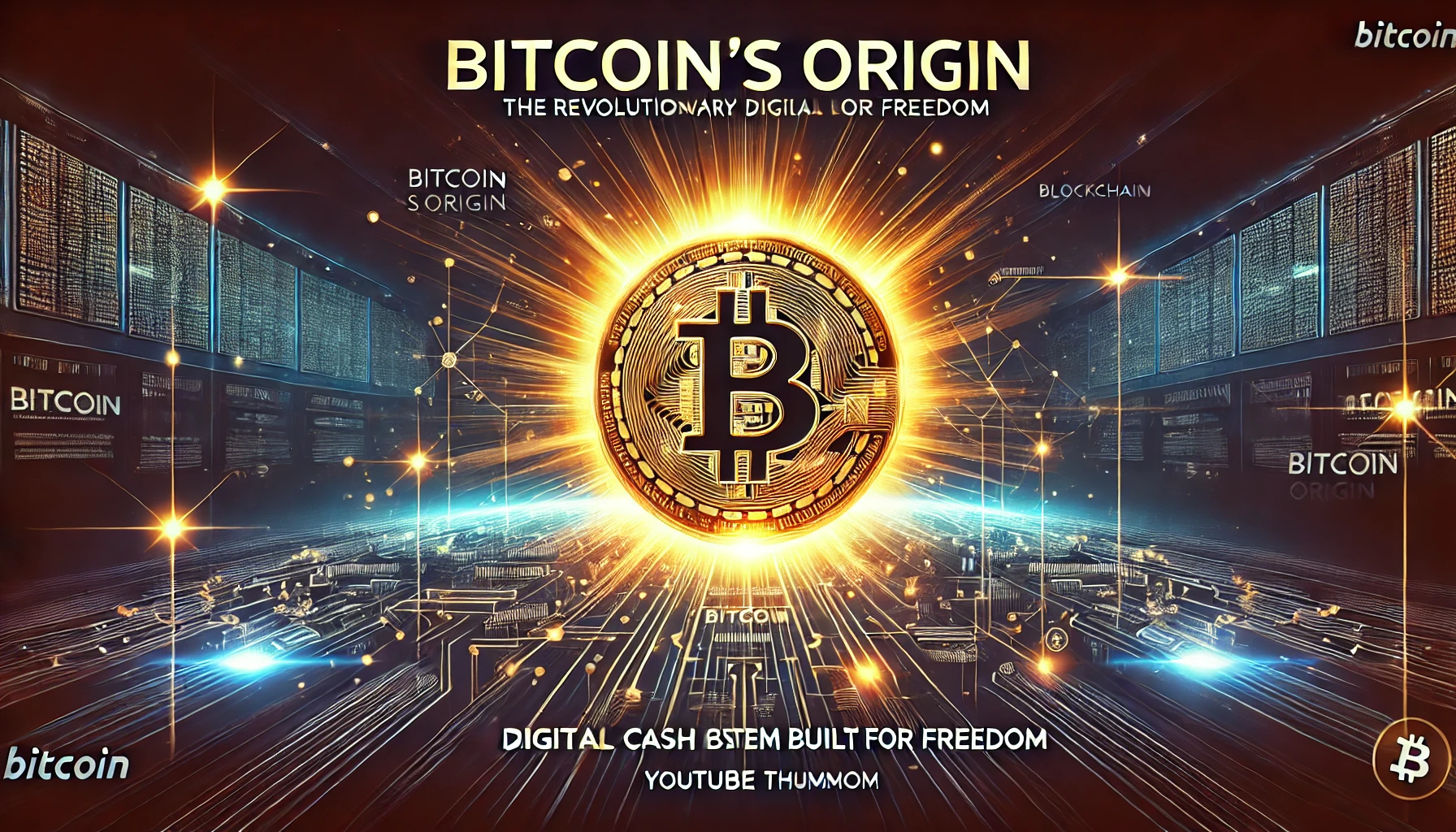What is Bitcoin?
In its simplest form, Bitcoin (with a lowercase “b”) is the token – the digital money that can be sent across any form of communication. Bitcoin (with an uppercase “B”) refers to the decentralized system that supports this currency. It’s a public and open ledger system, backed by software designed to be used freely on the Internet.
The idea behind Bitcoin is so robust that to ban it globally, you would need to shut down the entire Internet. And to ban it in a specific country, you’d have to suppress freedom of communication entirely, shutting down every form of interaction from SMS, phone, radio, and mail, all the way to Internet access. This makes Bitcoin virtually unstoppable as a system of value transfer.
The Bitcoin system is an open-source platform. It operates with a decentralized network of nodes (people maintaining the transaction records), miners (those who use computing power to process and secure the network, receiving new Bitcoin as a reward), and users (people who send and receive Bitcoin).
Bitcoin operates at an energy consumption level higher than many countries. In fact, as of May 2021, the network boasted a processing power of about 89 million terahashes per second – over 100 times more powerful than Google’s entire server infrastructure.
The Mechanics of Bitcoin
When we talk about Bitcoin, we’re looking at two things:
- Nodes – These are the actors responsible for maintaining the ledger of past transactions. Think of them as the system’s memory.
- Miners – These are the processors who validate transactions, contributing computing power to secure the network. In return, they are rewarded with newly minted Bitcoin and transaction fees.
- Users – These are the people like you and me who use the system to send and receive balances.
Together, these three components create what many are calling “Money Over Internet Protocol” – a global financial system that exists beyond the control of any single government or corporation.
Bitcoin as Digital Money
The token itself, “bitcoin” (with a lowercase “b”), is used to pay transaction fees and compensate miners. It’s the world’s first “digital gold,” a trustless currency that doesn’t require intermediaries like banks or governments. The system is built entirely on decentralized governance, where the only thing you trust is the network itself – not a central authority.
The brilliance of Bitcoin is in its functions. It’s not just money, it’s:
- A Global Communication System – Bitcoin allows the exchange of value without censorship, operating outside of any state control.
- A Payment System – It enables global payments that ignore national jurisdictions, effectively offering financial services to billions of people without access to banking.
- A Store of Value – Bitcoin offers characteristics superior to any previous store of value, including gold. It protects users from involuntary confiscation and inflation, even after death.
What Makes Bitcoin Unique?
Unlike traditional currencies, Bitcoin doesn’t operate as a democracy. It doesn’t rely on voting or majority rule to make decisions. Instead, its governance system is based on game theory and rational choice theory. This incentivizes cooperation and discourages bad actors.
Satoshi Nakamoto, Bitcoin’s creator1, famously emphasized that “quantity is a quality in itself.” He described Bitcoin as a scarce commodity with the unique property of being able to be transmitted across communication channels. Nakamoto’s vision was clear: Bitcoin was designed to solve the inherent issues of traditional digital payments and the inevitable degradation of state-controlled currencies.
The Bitcoin Journey
Understanding Bitcoin isn’t instant – it’s a gradual process. The infrastructure supporting it takes time to develop.
Knowledge → Infrastructure → Adoption → Value → Knowledge → Infrastructure
As people dive deeper into the system, they often encounter common questions:
- Is Bitcoin a pyramid scheme?
- What’s the real value behind Bitcoin?
- Can Bitcoin replace traditional money?
- Will Bitcoin survive against future technologies like quantum computing?
- What happens to my Bitcoin when I die?
These questions highlight both the curiosity and the skepticism surrounding Bitcoin. But the more people understand, the more they see the long-term potential of this revolutionary system.
Final Thoughts
Bitcoin is a powerful combination of economic theory, cryptography, and decentralized computing. It’s an open, permissionless system that empowers individuals to control their own financial destiny. As the world continues to shift toward digital economies, understanding and adopting Bitcoin may prove to be one of the most important steps toward financial freedom in the 21st century.






One Response
Great article! It was clear, informative, and
very useful—just like everything else I’ve read on this excellent site.